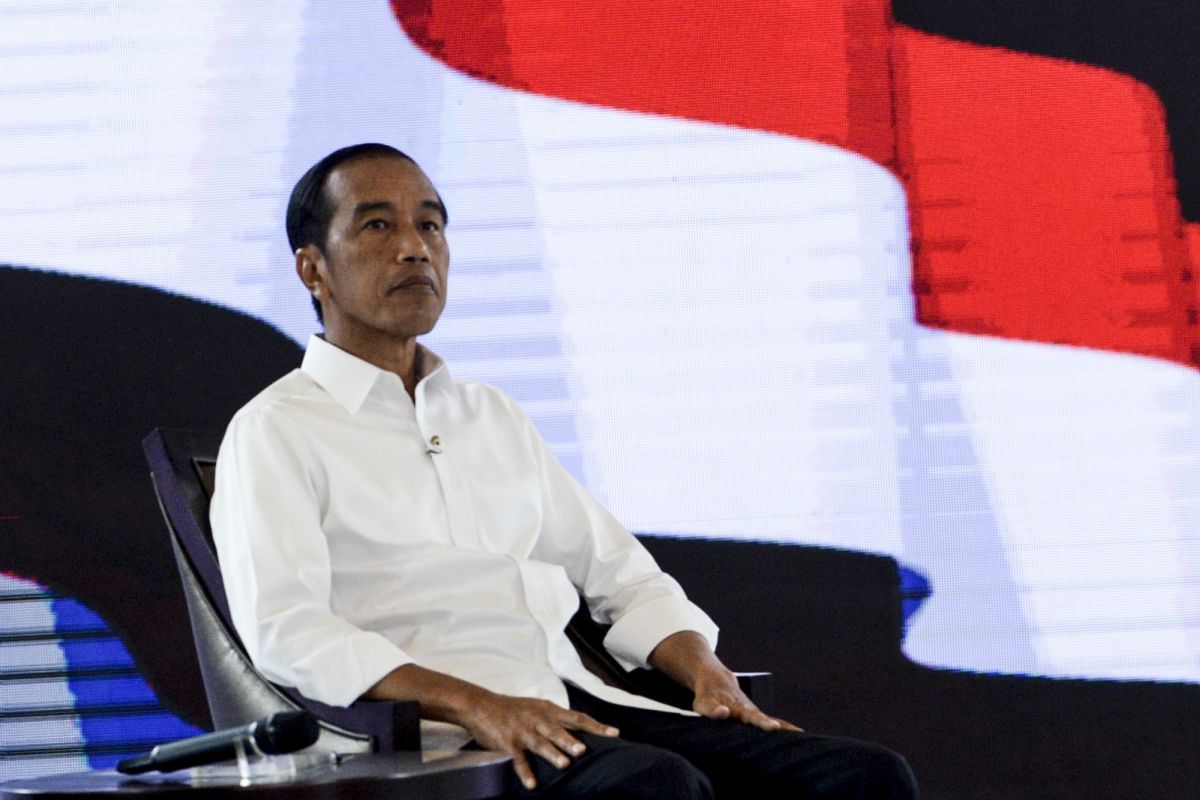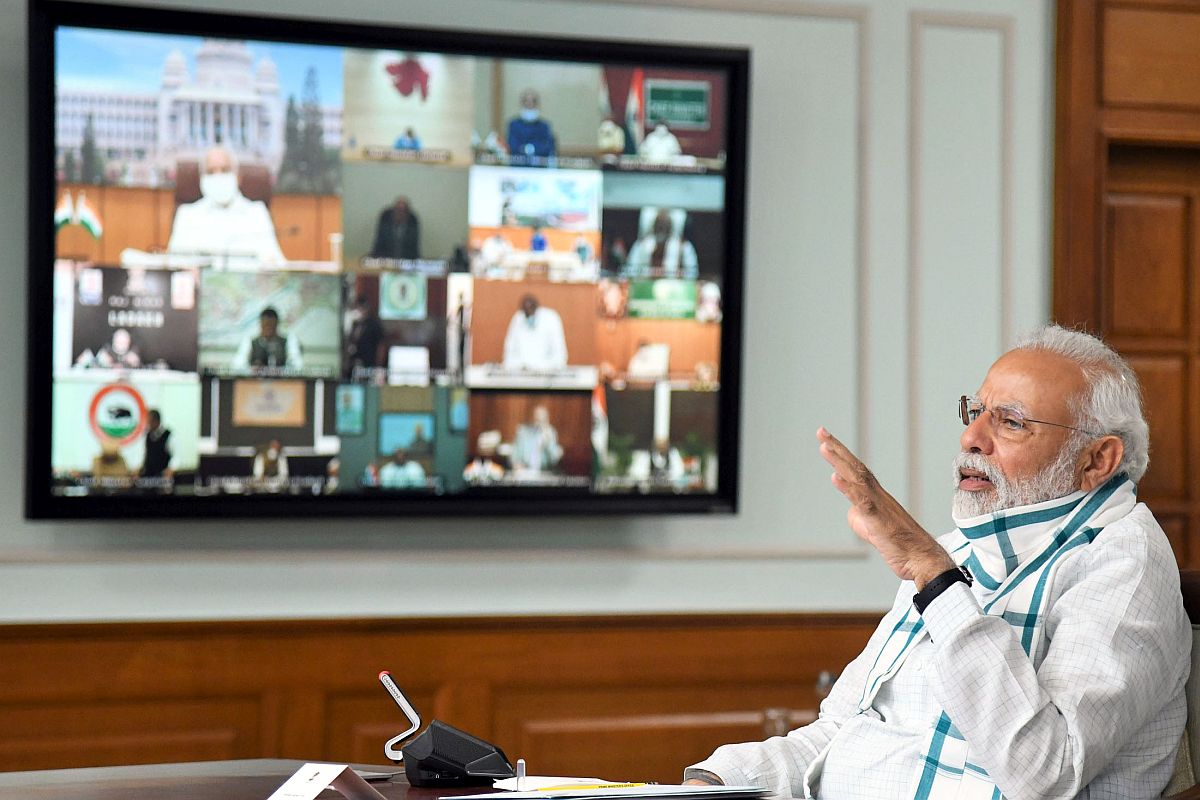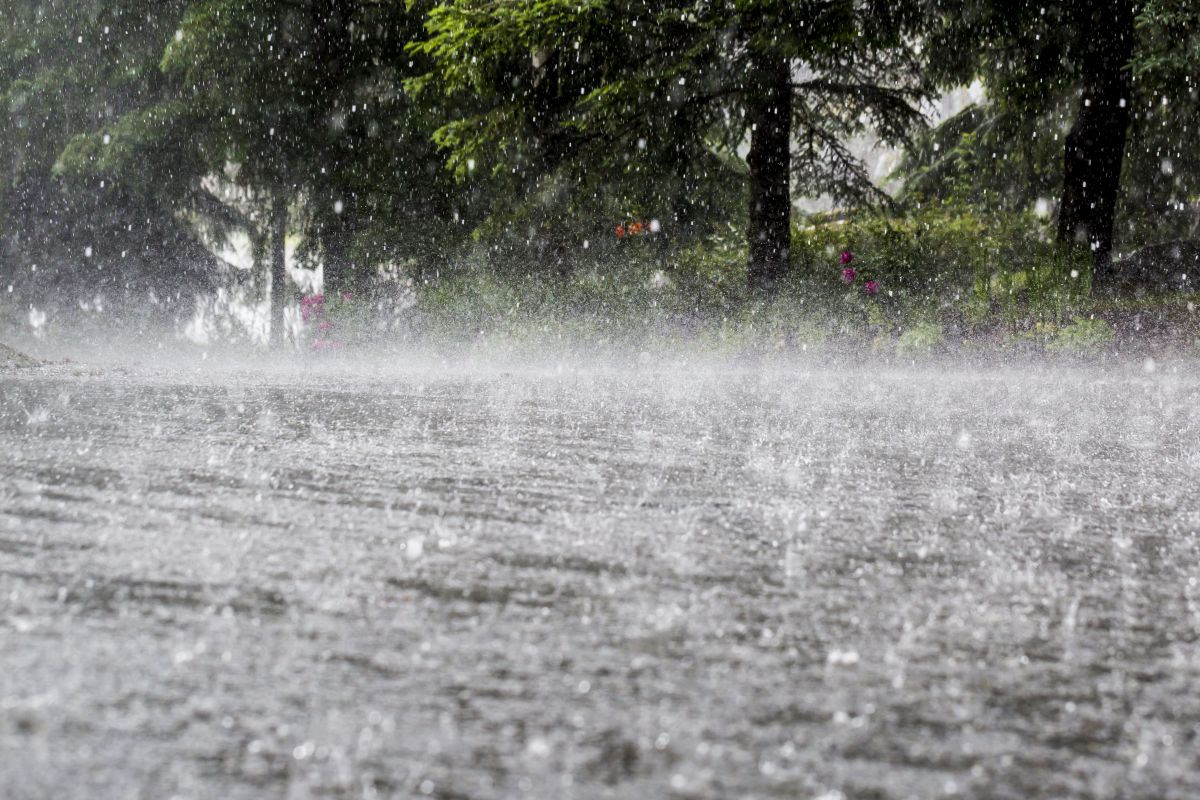Indonesia’s Struggle
Indonesia, the world's third-largest democracy, is once again in the throes of political unrest. Thousands of protesters have taken to the streets, demanding transparency and fairness in the country’s electoral process.

Indonesia, the world's third-largest democracy, is once again in the throes of political unrest. Thousands of protesters have taken to the streets, demanding transparency and fairness in the country’s electoral process.

The first period of vaccination from January to April is aimed at inoculating 1.3 million medical workers, 17.4 million public workers, and 21.5 million elderly people.

Deaths from the respiratory illness have returned to one-digit figure in a highly fluctuating trend. Since April 1, the country has seen daily deaths below 10 in only six separate days.

President Widodo appreciated the facilitation provided by the government of India for supplies of pharmaceutical products to Indonesia.

More than 2,000 people have been forced to leave their flooded homes, Haryanto added.
The motive for the attack was not unclear but police stations have been frequent targets for radicals in the world's biggest Muslim majority nation, which has long struggled with Islamist militancy.
Widodo, popularly known as Jokowi, beat Prabowo Subianto in April elections to secure another term as president of the world's third-biggest democracy.
Widely known as Jokowi, the president said his final term would be aimed at eradicating poverty and building the nation of some 260 million into a developed country with one of the world's top five economies by 2045.
The President promised to announce this year the name of the new capital, which will be the administrative centre of the country, while Jakarta will continue as the financial and business capital.
On Friday, PM Modi held multiple meetings with several world leaders, including US President Donald Trump, Russian president Vladimir Putin and China's Xi Jinping.